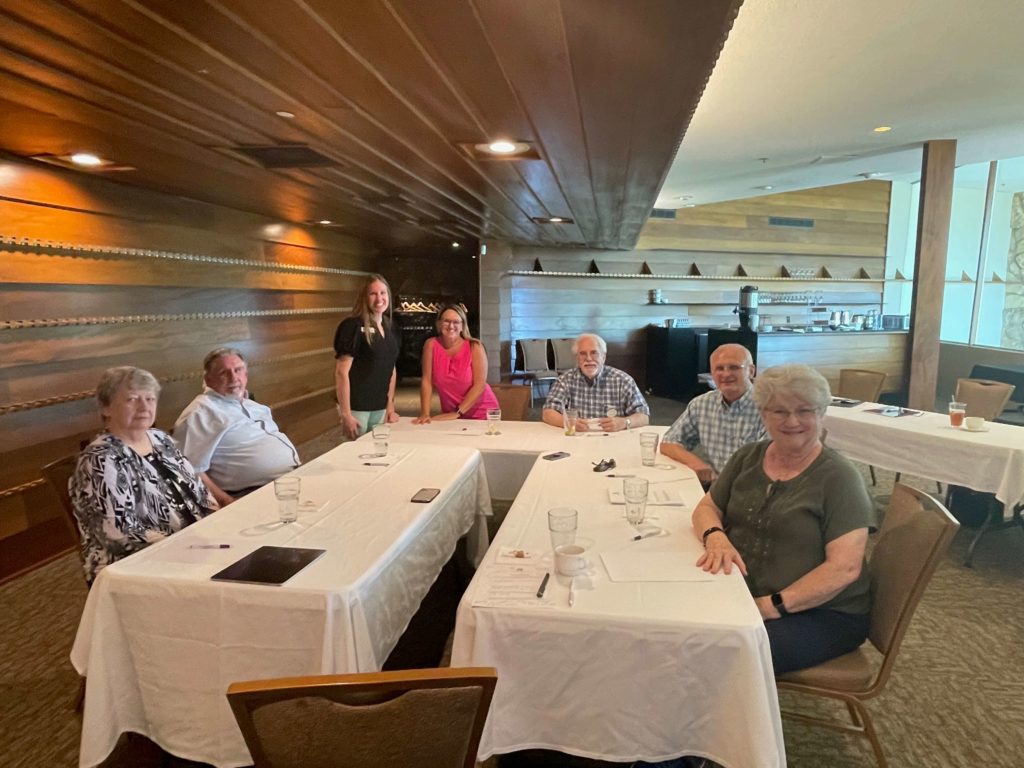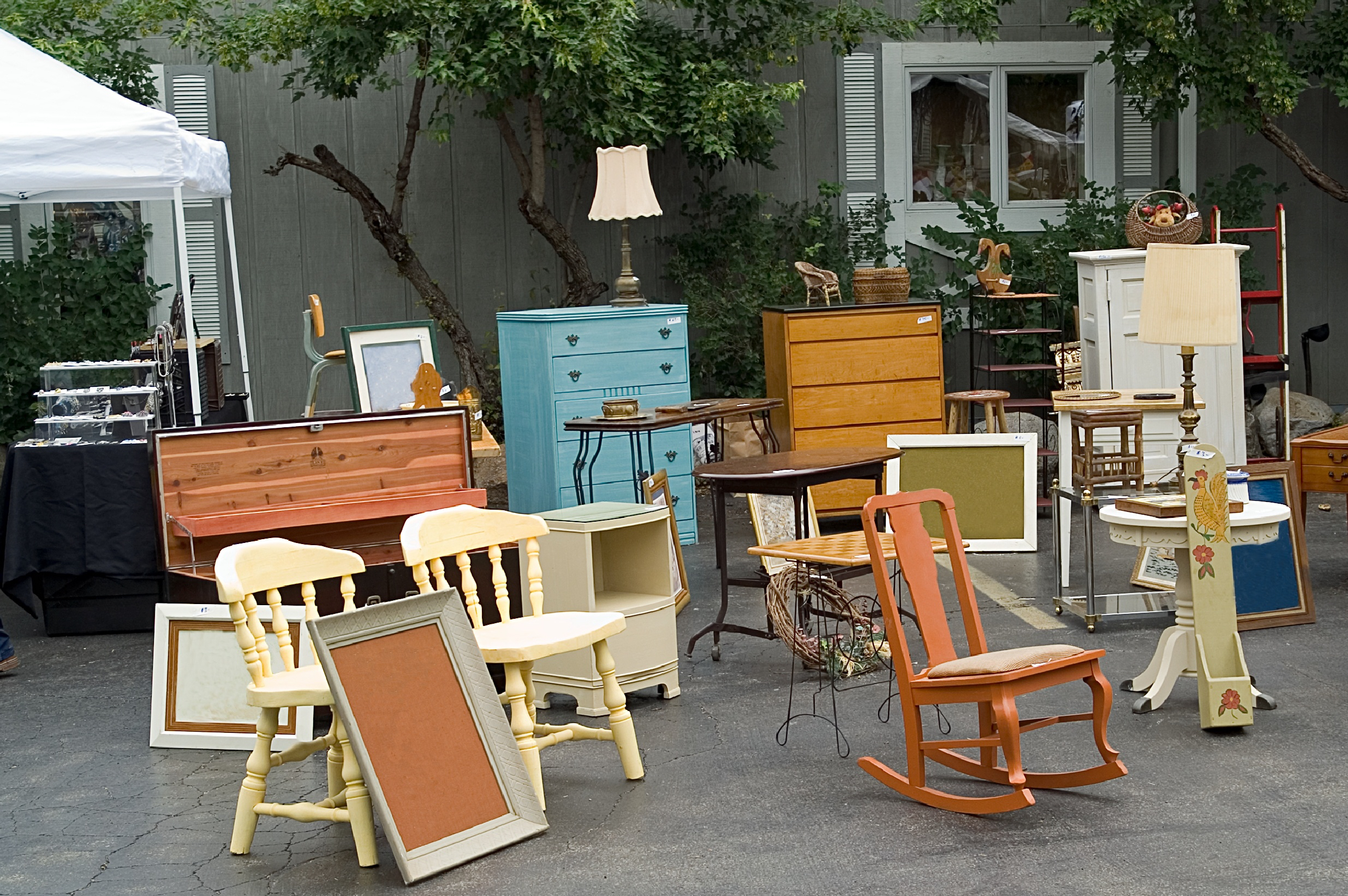Three Couples Teach Us about Downsizing Ups and Downs
If you have been following us at all, you know that our team strives to educate, equip and empower our clients as they buy a home, sell a home, or relocate from one place to the next – whatever the situation. To be effective, we do our best to stay current on the key issues affecting our clients and one way we do this is through hosting regular focus groups. We know that by surrounding ourselves with those who have “been there” and “done that” that we gain first-hand experience and real world knowledge. We take what we learn and tighten up our systems, improve our communications, and make changes where necessary. It’s all about getting better! Our most recent focus group involved three couples we had recently assisted with downsizing from their homes to area Continuing Care Retirement Communities (CCRCs). The conversation was lively and the insights were invaluable. We asked them to share their experiences of downsizing and below are just a few of the things that we learned: The biggest challenge was emotionally “giving up” personal collections. Things mentioned were books, tools, and guitars. Each person had something different they were challenged with releasing. All three couples used the same estate sale liquidator for dealing with the remaining items. Two of the three couples were dissatisfied with the estate sale, but for somewhat different reasons. The other couple was pleased overall. One female in the group was concerned about the itemized list and that some items weren’t noted as having been sold. She also noted they did not appear in any of the lots published online. Additionally, she was unaware that she as the client would be responsible for credit card charges, although this was in the contract. She expressed stress, frustration, irritation that it was not done the way she expected. Another female participant said she felt she did not ask enough questions about the contract and specifically how the fees were charged, and she did not like how some of the items were listed and portrayed, believing this was detrimental to what items could have sold for. She also said some items never made it into the sale, having been left in a closet at the home. The final couple was content that they did not receive an itemization (usually made available by request), concluding that it was the total they received that was more important to them than the individual prices each item sold for. Putting items in the right place during the resettling process was a big deal to all the couples. Some reported great outcomes with this, praising the move managers for a job well done. One gentleman, however, was not pleased in regard to books that were not returned to the bookshelf in any type of order based on how it was in his previous residence. He encouraged the move managers to take photos, make notes, etc. and place the books back in order. Photographs were noted as a source of frustration. With a lot to go through, this is a long project for some as they go through them one box at a time. Technology can be a concern. Move managers need to know how to hook up computers, phones, printers, etc. One participant noted that the move manager was familiar with wireless devices, but didn’t know his computer was plugged in directly, so it took longer than preferable to get sorted out. All the couples noted the importance of visiting multiple communities before choosing the one to move into. They all researched and selected based on their lifestyles now, but also future care needs. They all agreed it was important to eat there multiple times to see if you like the food and the dining arrangements. During meals and tours, the couples encouraged talking to people who live at the community and ask questions. They also cautioned that there are “complainers” at every community so you have to differentiate between people who elected to move there versus those who felt they were made to move there – not of their own accord. When asked what advice they would give to real estate agents (since they all had good experiences with Buckelew Realty Group), they noted three primary recommendations: 1) Keep people informed about what is coming next each step of the way. This provided comfort and helped them prepare in advance – no surprises, 2) Offer services including assistance with the move, house cleaning, and liquidation in addition to real estate so they only need to hire one service rather than worrying about finding people in all categories, and 3) Provide education on how to downsize successfully. They noted they had attended multiple seminars and met with all the senior living community vendors, attorneys, and other education partners in order to be prepared for their move. Beyond the specific comments, we made some observations of our own as we listened to the group, both during the live meeting and while listening to the recording later. One couple out of the three was recently moved and their home had not yet closed. You could tell a major difference in the level of stress between them and the others. They still had some hurdles to overcome and so they were not able to be fully settled and enjoy their new community. The other two, however, were fully immersed and engaged in various activities and meeting new people. Although we had requested written evaluations about the various aspects of the experiences including all services involving outside vendors, no one gave us the negative feedback about the estate liquidators. Until we asked specifically what issues they were dissatisfied about, they stayed quiet. Based on the tension when discussing it however, they had not really “let it go” but rather swept it under the rug instead. Pre-planning time and intention most definitely makes a difference in the overall ease and understanding of the various steps and services involved in the process. One couple
Three Couples Teach Us about Downsizing Ups and Downs Read More »







